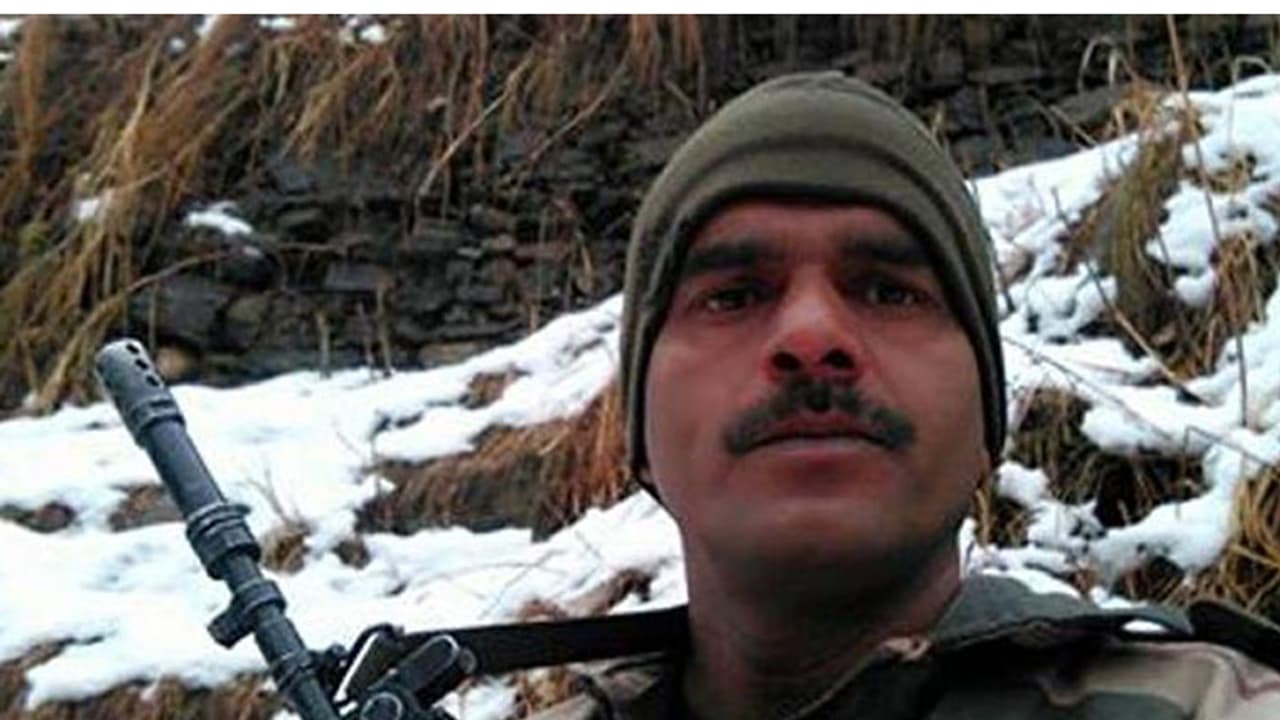In a series of uploaded videos, a BSF jawan alleged there was massive corruption in the force. In its response, the paramilitary force claimed the jawan was a ‘habitual’ offender and has transferred him. Numerous allegations of malpractices and corruption have been made against military and paramilitary organisations.
A day after a Border Security Force (BSF) jawan caused a social media storm by uploading videos on Facebook alleging massive corruption in his organisation, the state has responded with a very time-trusted weapon: tarnishing the whistleblower’s credibility. On January 10, the BSF announced that jawan Tej Bahadur Yadav had been transferred to another location to allow for a fair probe.

Read also: Seniors sell our food, we go hungry': Jawan alleges massive Army corruption
In interactions with various media organisations on January 9, BSF officials claimed that Yadav, who is deployed in the 29th BSF Battalion, was a habitual offender and alcoholic who had misbehaved with senior officials. Officials added that the jawan had applied for voluntary retirement. Yadav told mediapersons that he was asked to remove the videos from his Facebook account (the videos remain live on his page as of the morning of January 11).
Even though the BSF comes under the Home Ministry and not the Defence Ministry, the episode has disturbing similarities to previous incidents of corruption in military and paramilitary forces. On January 11, the Times of India quoted civilians living near BSF facilities as claiming that they were able to buy fuel and food items at low prices from the paramilitary personnel. Furniture dealers claimed that BSF officials indulged in malpractices in the purchase of equipment from them.
Despite their richly deserved reputation for maintaining discipline and loyalty, Indian military and paramilitary forces have also been marred by corruption. In late 2015, global anticorruption watchdog Transparency International found that some Indian Army officers were running a golf course on government-owned land, while some Air Force personnel had illegally allowed commercial activities on defence land.
India’s modernisation of its military and internal security capabilities has opened up large avenues for corruption, involving a nexus of bureaucrats, politicians and serving and retired officers. This has been proved by numerous scams over the past decade, with the Tatra truck and Agusta helicopter cases being just two examples. This is separate from cases of misconduct such as extrajudicial killings in insurgency-affected areas in the Northeast and Jammu and Kashmir.
Despite these incidents, criticism and even questioning of these forces has become increasingly frowned upon in both political and media circles as nationalism has become increasingly synonymous with supporting the military, often unquestioningly. While the Indian military has remained firmly apolitical and secular unlike its counterparts in the region, there is a risk in turning our forces into “holy cows” as Pakistan has learnt.
The Pakistani experience is well known: the army was regarded as the only truly national institution in the 1950s, paving the way for military rule. Leaving out its political blunders such as the genocide in East Pakistan (leading to the creation of Bangladesh) and the creation of the Taliban, the Pakistani military has been increasingly involved in numerous commercial activities, tarnishing its reputation heavily.
